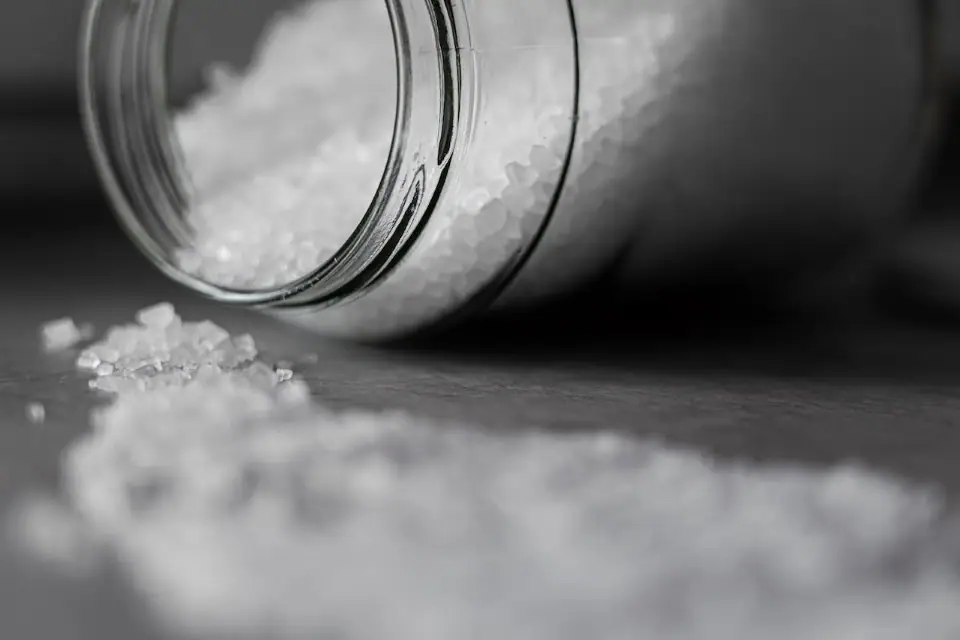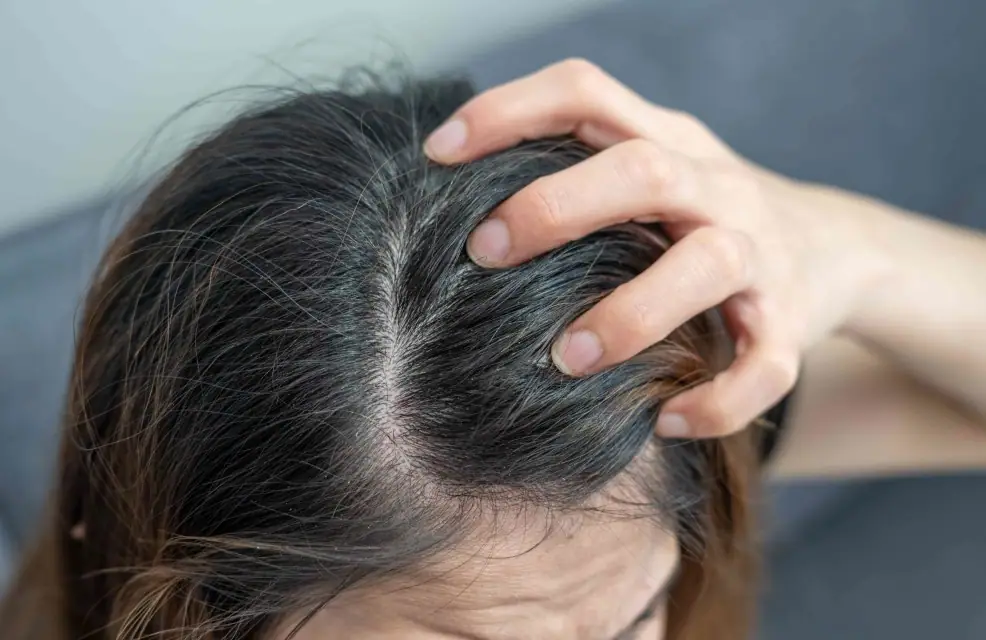Have you ever found yourself in the uncomfortable and often embarrassing situation of suddenly experiencing diarrhea? It can be a disconcerting and inconvenient issue that can happen to anyone at some point in their life. In this article, we will explore the various reasons why you might be “pissing out your ass,” as some people colloquially describe it. We’ll delve into the possible causes, remedies, and when you should consider seeking medical advice.
Understanding Diarrhea
Diarrhea is characterized by loose, watery stools that occur more frequently than usual. It’s a common digestive issue that can be caused by a wide range of factors. While the occasional bout of diarrhea is usually nothing to worry about, persistent or severe diarrhea may be a sign of an underlying health problem.
Common Causes of Diarrhea
- Dietary Factors
- Your diet plays a significant role in your digestive health. Consuming large quantities of greasy, spicy, or uncooked foods can irritate your stomach and lead to diarrhea. Food intolerances or sensitivities, such as lactose intolerance or gluten sensitivity, can also trigger loose stools.
- Infections
- Gastrointestinal infections, often caused by viruses, bacteria, or parasites, are a common source of diarrhea. These infections can lead to symptoms like abdominal cramps, nausea, and diarrhea. Proper hygiene, including handwashing, can help prevent such infections.
- Medications
- Some medications, especially antibiotics, can disrupt the balance of beneficial bacteria in your gut, leading to diarrhea. If you suspect that your medication is causing this issue, consult your healthcare provider.
- Stress and Anxiety
- Your mental state can impact your physical health, including your digestive system. High-stress levels and anxiety may lead to diarrhea. Relaxation techniques and stress management can help alleviate this issue.
- Underlying Health Conditions
- Chronic conditions such as irritable bowel syndrome (IBS), Crohn’s disease, and inflammatory bowel disease (IBD) can result in persistent diarrhea. If you suspect an underlying health condition, consult a healthcare professional for a proper diagnosis and treatment plan.

Is diarrhea a sign of food poisoning? Yes, diarrhea can be a symptom of food poisoning. It often occurs within hours of consuming contaminated food or beverages. If you suspect food poisoning, stay hydrated and consult a healthcare provider if the symptoms persist.
When should I be concerned about diarrhea If you experience severe diarrhea that lasts for more than a couple of days, if you notice blood in your stool, or if you become severely dehydrated, it’s essential to seek medical attention promptly.
Can I prevent diarrhea when traveling to foreign countries? Traveler’s diarrhea is a common issue when visiting countries with different sanitation standards. To reduce the risk, avoid tap water, consume only cooked foods, and practice good hand hygiene. Consider consulting a travel clinic for vaccinations and advice.
What can I eat when I have diarrhea? Stick to a bland diet that includes foods like bananas, rice, applesauce, and toast (BRAT diet). These foods are less likely to irritate your stomach. Stay hydrated by drinking clear fluids like water, broths, and electrolyte solutions.
Are probiotics effective for diarrhea? Probiotics, which contain beneficial bacteria, may help manage diarrhea caused by disruptions in the gut microbiota, such as those resulting from antibiotics. Consult your healthcare provider before starting any new supplement.

Managing Diarrhea and When to Seek Help
Managing diarrhea often depends on its cause. Here are some general tips for dealing with this issue:
- Stay Hydrated: Diarrhea can lead to dehydration, so it’s crucial to drink plenty of fluids. Rehydration solutions with electrolytes can be particularly helpful.
- Modify Your Diet: Stick to a bland diet as mentioned earlier (BRAT diet) and avoid foods that can exacerbate the issue.
- Over-the-Counter Medications: In some cases, over-the-counter anti-diarrheal medications can help control symptoms. However, consult a healthcare provider before using them, especially if you have underlying health conditions.
- Rest: Allow your body to rest, as this can aid in the recovery process.
If you experience severe diarrhea, notice blood in your stool, or have other concerning symptoms, it’s essential to consult a healthcare professional. Chronic or persistent diarrhea can indicate an underlying health condition that requires proper diagnosis and treatment.
Conclusion
Experiencing diarrhea can be unpleasant, but it’s a common issue with various potential causes. It’s important to remember that the occasional episode of diarrhea is often a natural response to various factors, such as your diet, stress, or infections. In most cases, it can be managed with hydration and dietary adjustments. However, if you experience persistent or severe diarrhea, or if you have other concerning symptoms, it’s wise to seek medical advice. By understanding the potential causes and how to manage diarrhea, you can take steps to alleviate discomfort and promote your overall well-being.













